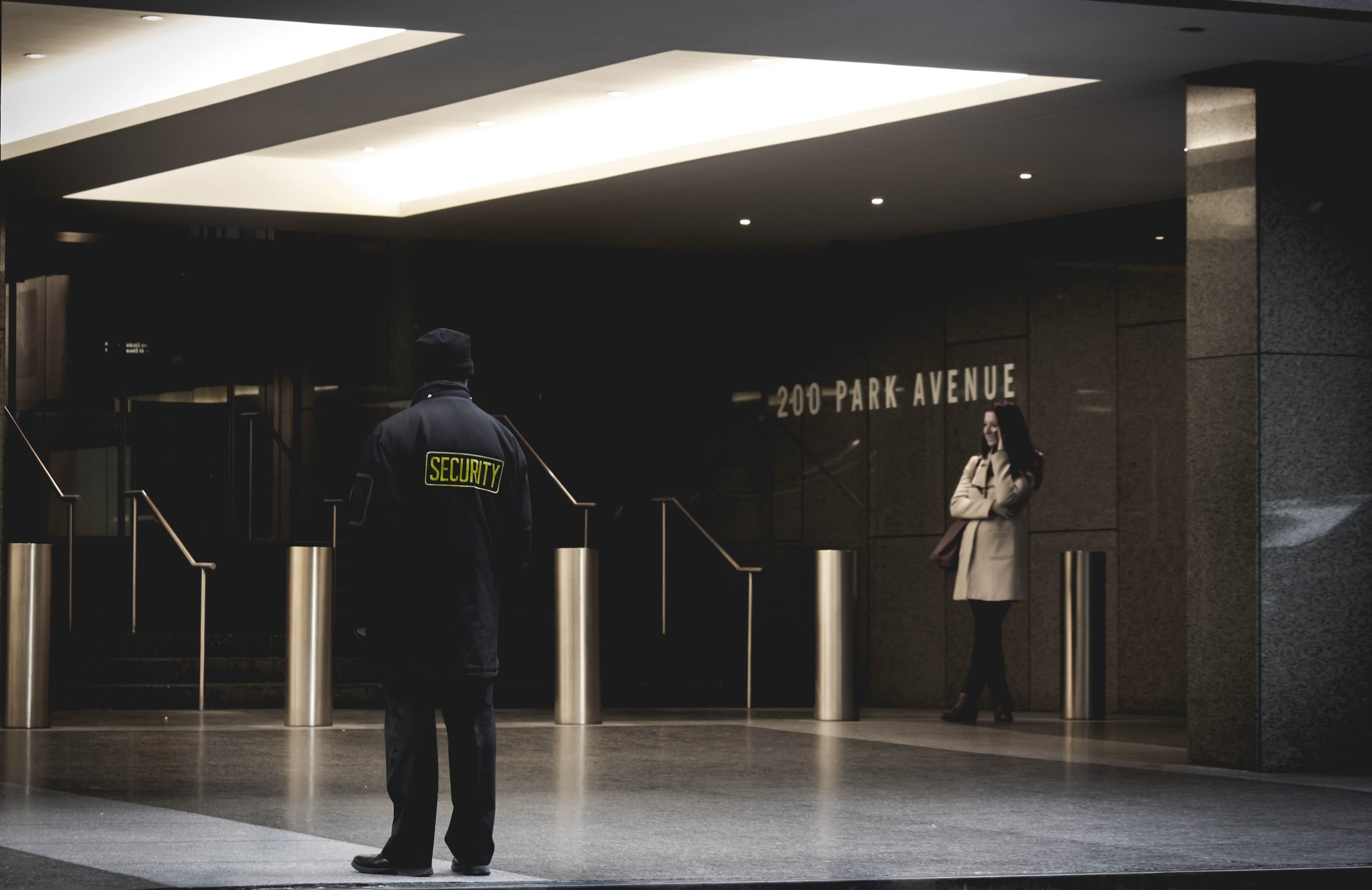Proper Training of Guards Saves Lives
Security officers play a crucial role in ensuring the safety and security of people and assets in different organizations. Whether it is a hospital, school, government building, or corporate office, the security team serves as the first line of defense against potential threats such as theft, vandalism, or violence. However, it is not enough to simply hire security officers and expect them to do their job. Proper training is essential to equip security personnel with the necessary skills and knowledge to respond effectively to different security situations.
One of the most important aspects of security officer training is preparing them to handle violent incidents. Unfortunately, violence can happen anywhere, anytime, and in any form. Security officers must be able to recognize the warning signs of potential violence, de-escalate tense situations, and respond appropriately when necessary. Training on these aspects of security is critical to avoid unnecessary injuries, damages, or loss of life.
Here are some reasons why training security officers before a violent incident occurs is crucial:
Prevention of violent incidents: Proper training can help security officers find potential threats early on and prevent them from escalating into violent situations. By understanding the warning signs of violence, security officers can take proactive measures to prevent incidents from occurring in the first place.
Quick and effective response: In case of a violent incident, security officers must be able to respond quickly and effectively to minimize the damage and keep people safe. Proper training prepares them to act decisively and appropriately in high-pressure situations, such as active shooter scenarios.
Protection of staff and customers: Security officers protect the people who work or visit the premises they are hired to protect. Training can equip them with the skills and knowledge to protect staff and customers from harm..
Mitigation of liability: A lack of training for security officers can result in legal liabilities for organizations. Proper training can mitigate this risk by ensuring that security officers can handle different security situations and minimize the chances of accidents or injuries.
Proper training is essential for security officers to fulfill their role effectively and protect people and assets in different organizations. Investing in the right training programs can help prepare security officers to respond appropriately to violent incidents and minimize the risk of harm. Training security officers before a violent incident occurs is not only the responsible thing to do but also the best way to ensure the safety and security of everyone on the premises.
Proper training for security officers is critical to saving lives. When a violent situation occurs, the speed and effectiveness of the response can mean the difference between life and death. Well-trained security officers handle the chaos of a violent incident and take quick action to minimize the harm caused.
Here are some ways that proper training can help security officers save lives in a violent incident:
Finding potential threats: Trained security officers identify the warning signs of potential violent incidents. This includes recognizing behavioral cues that may show that an individual is about to commit a violent act. Early identification of potential threats allows security officers to take preventive action and stop the situation from escalating.
De-escalation techniques: Proper training teaches security officers de-escalation techniques that can help calm down agitated individuals and prevent them from becoming violent. This can include using verbal communication skills, creating distance, and keeping a calm demeanor. These techniques can be critical in preventing a violent situation from occurring or escalating.
Active shooter response: In an active shooter situation, every second counts. Trained security officers will readily respond to an active shooter and protect staff and customers. They can take swift action to neutralize the threat, evacuate people from the premises, and supply life-saving medical attention to injured individuals.
First Aid and CPR: Security officers trained in first aid and CPR can supply life-saving medical attention to injured individuals while waiting for emergency medical services to arrive. Proper training can make a significant difference in the outcome of a violent incident.
Crowd control: In the event of an incident, there is likely to be chaos and confusion, with many people in the area. Trained security officers can help manage the crowd and direct people to safety. Effective crowd control can help prevent injuries and save lives.
Technology training: new technology can help but requires knowledge on the part of the operator. RONIN™ from MIS Security provides extensive training modules and support for our threat detection solutions, and can advise on how to integrate it with your guard workflow, Security Concept of Operations (Sec CONOPS), and other systems such as early notification/lockdown and access control.
Proper training for security officers is critical to saving lives. A well-trained security team is better equipped to name potential threats, respond to violence, and provide life-saving medical attention. Investing in proper training programs is not only the responsible thing to do but also essential to ensuring the safety and security of staff, customers, and the general public.
MIS Security LLC is a technology solutions provider, not a physical security consultant. The content of the website and MIS Security Insights blog should not be taken as professional security advice, and are subject to the Terms of Use found at https://www.missecurity.com/s/MIS-Security-Website-Terms-of-Use.pdf . MIS Security®, RONIN® and the respective logos are trademark property of MIS Security, LLC Tallahassee FL. Copyright © MIS Security 2023, all rights reserved.

